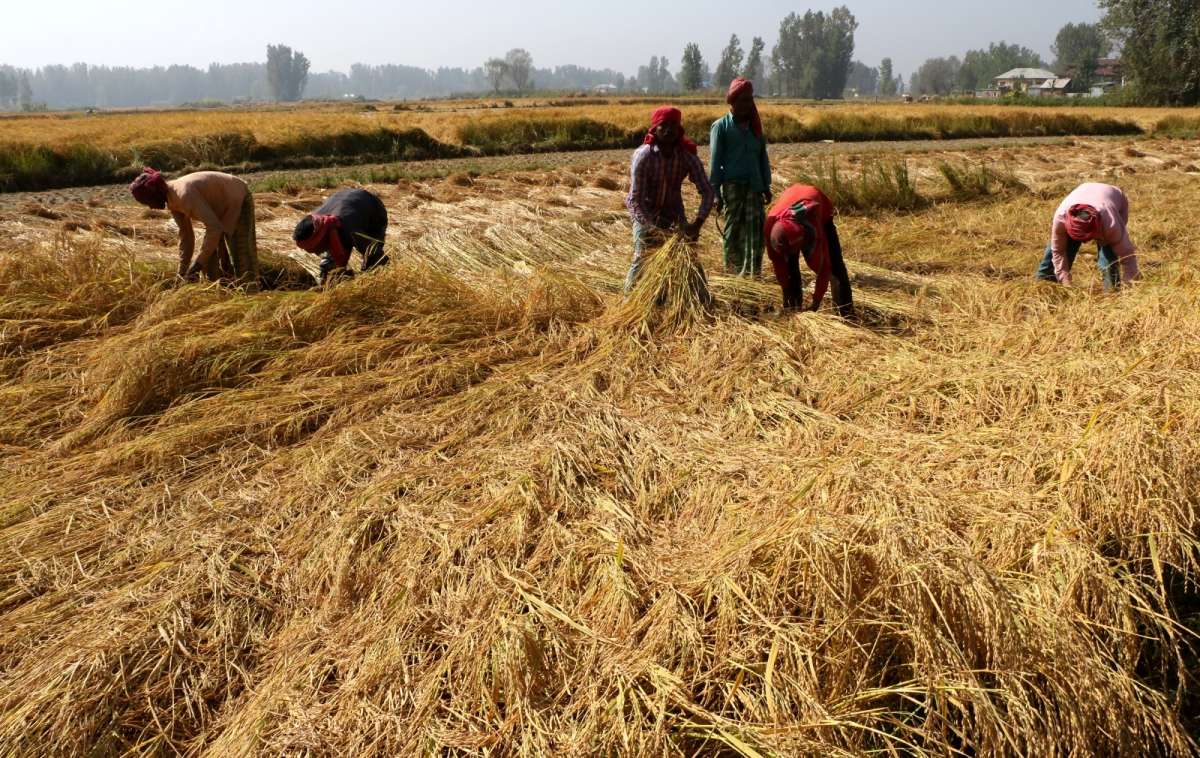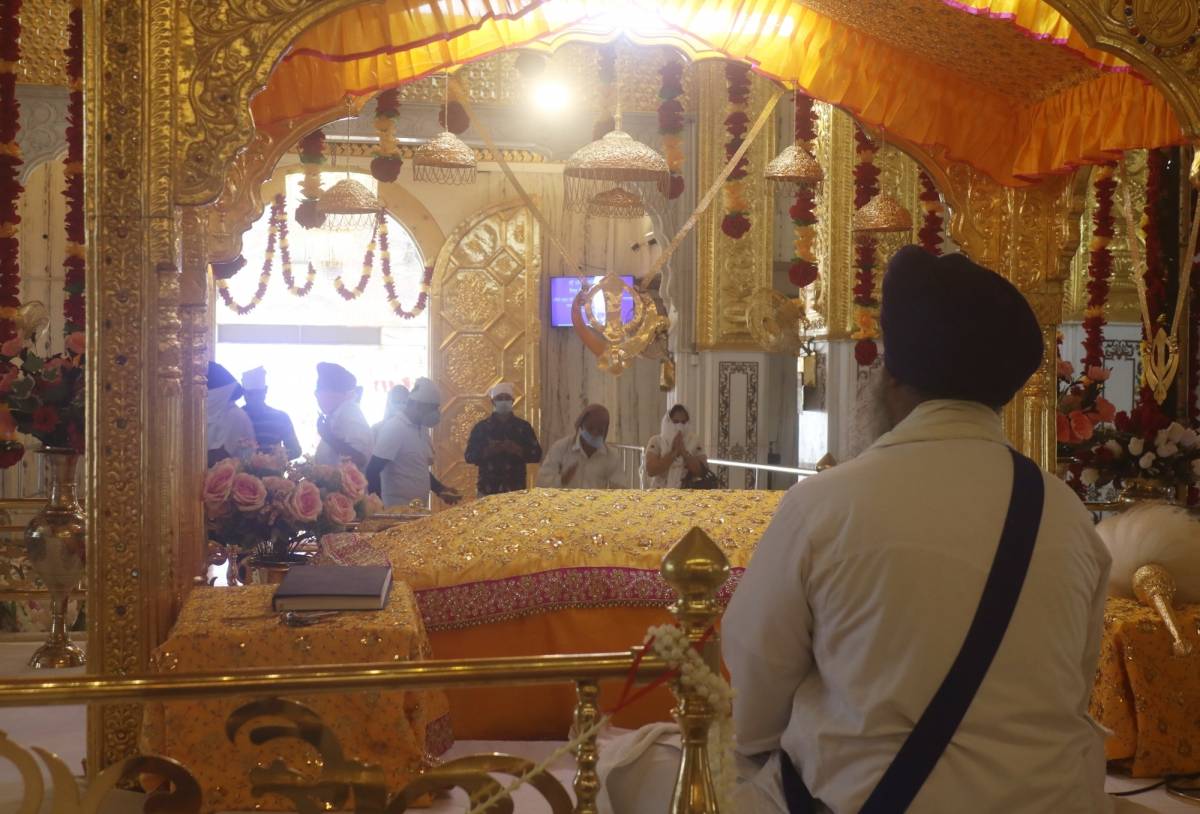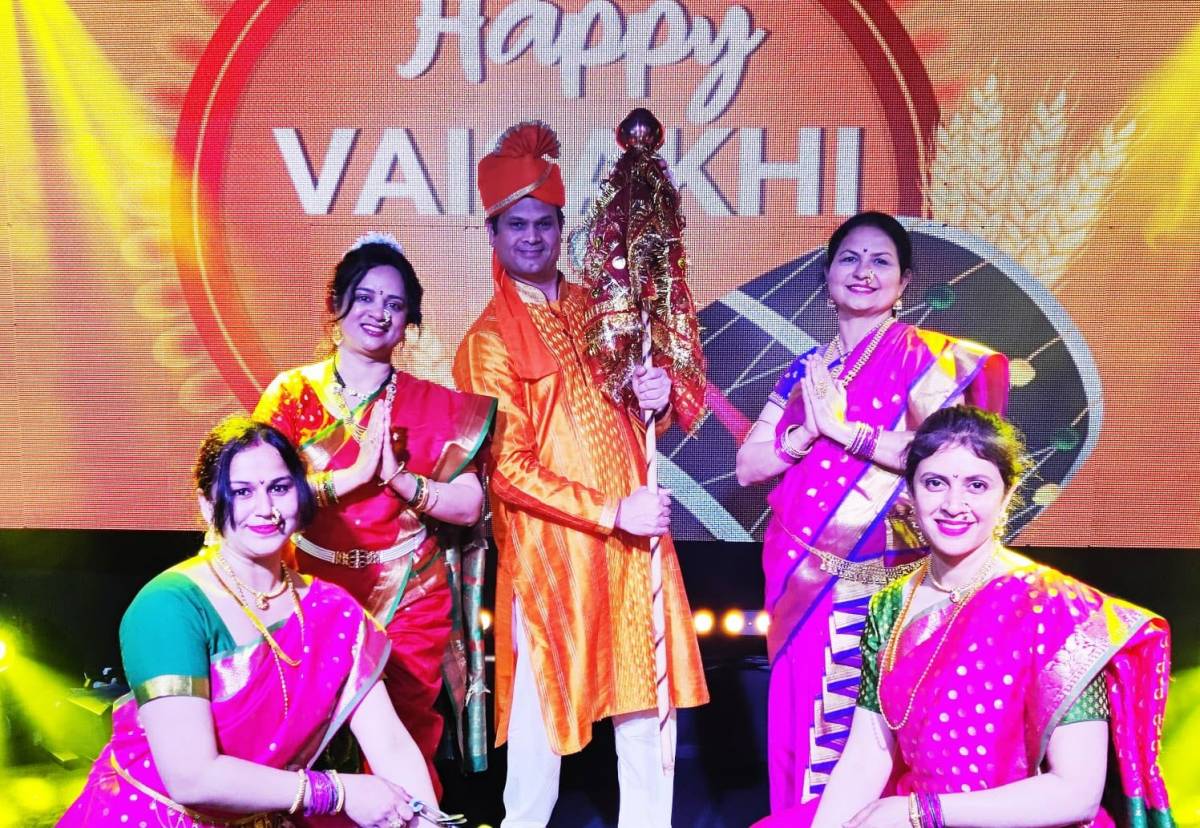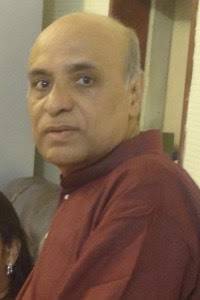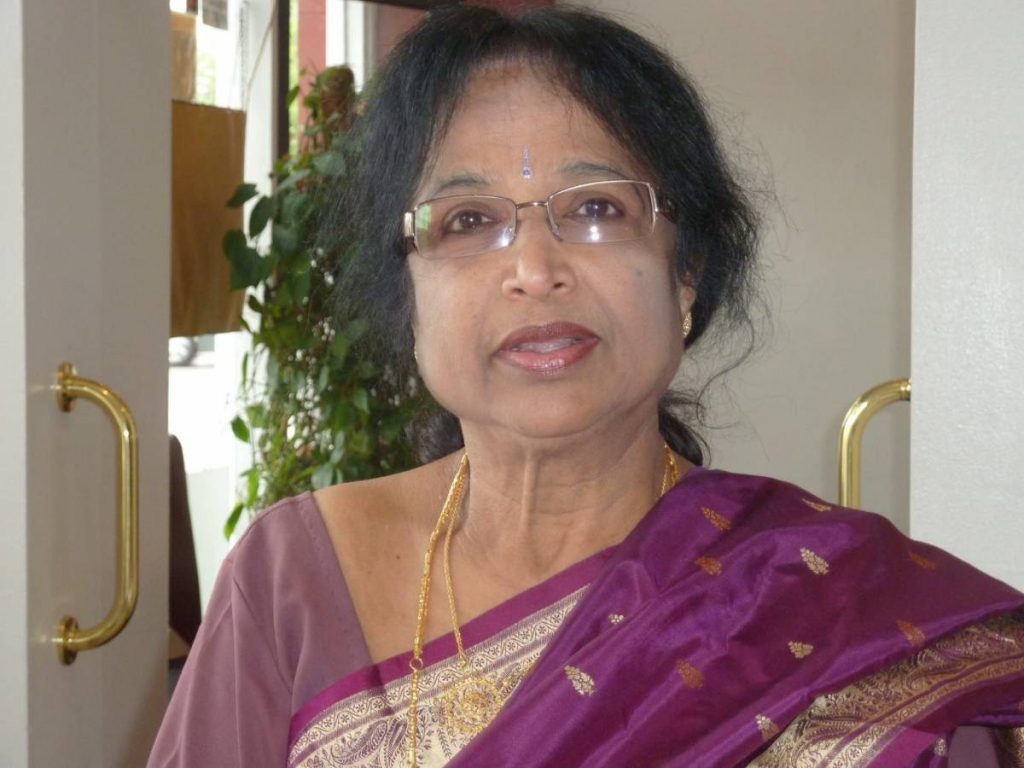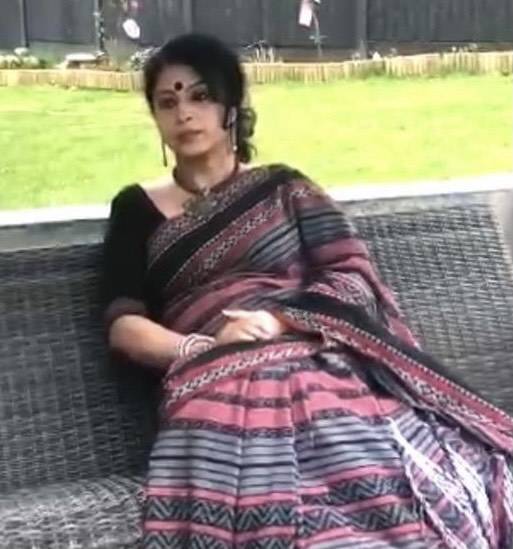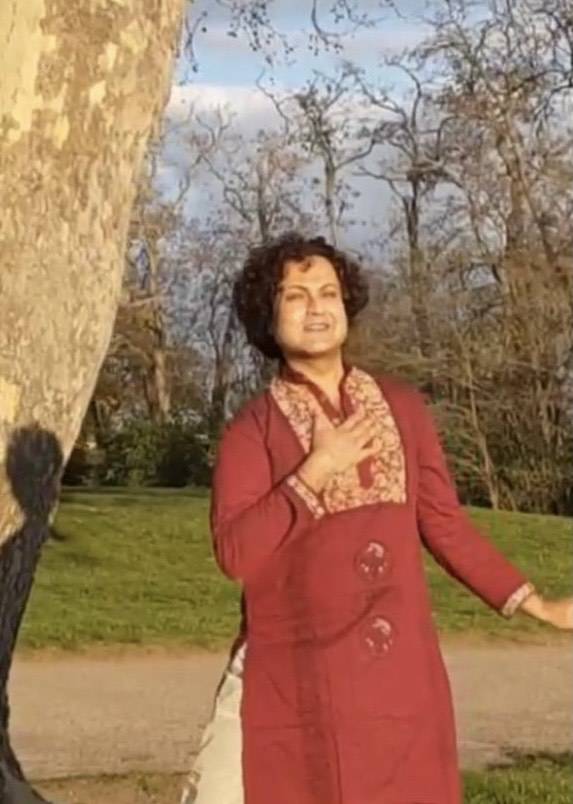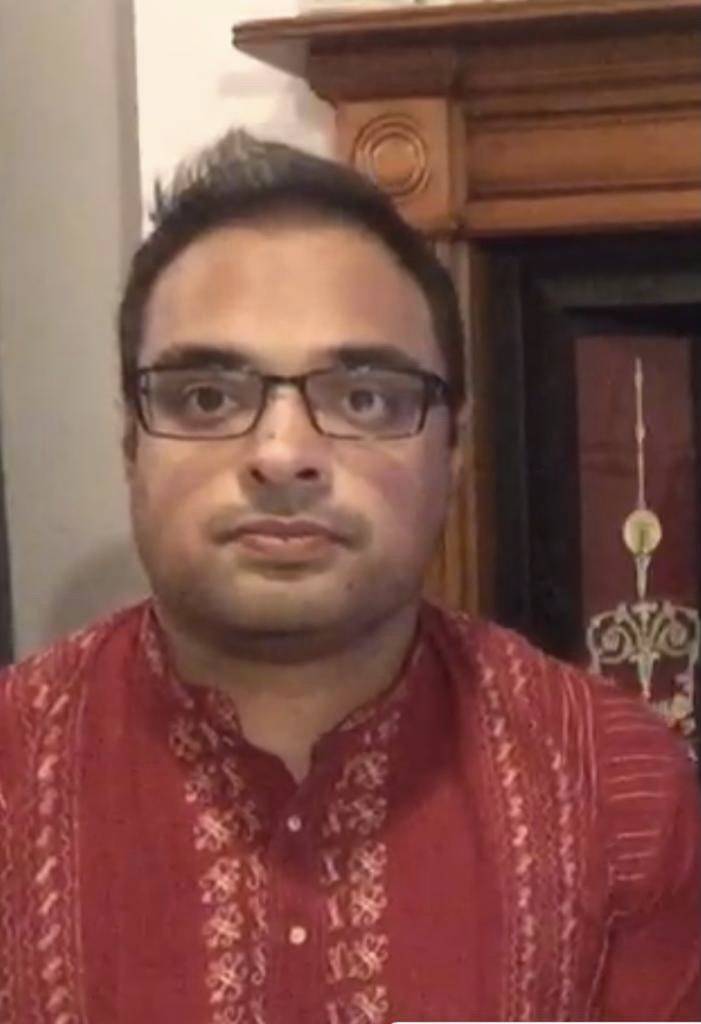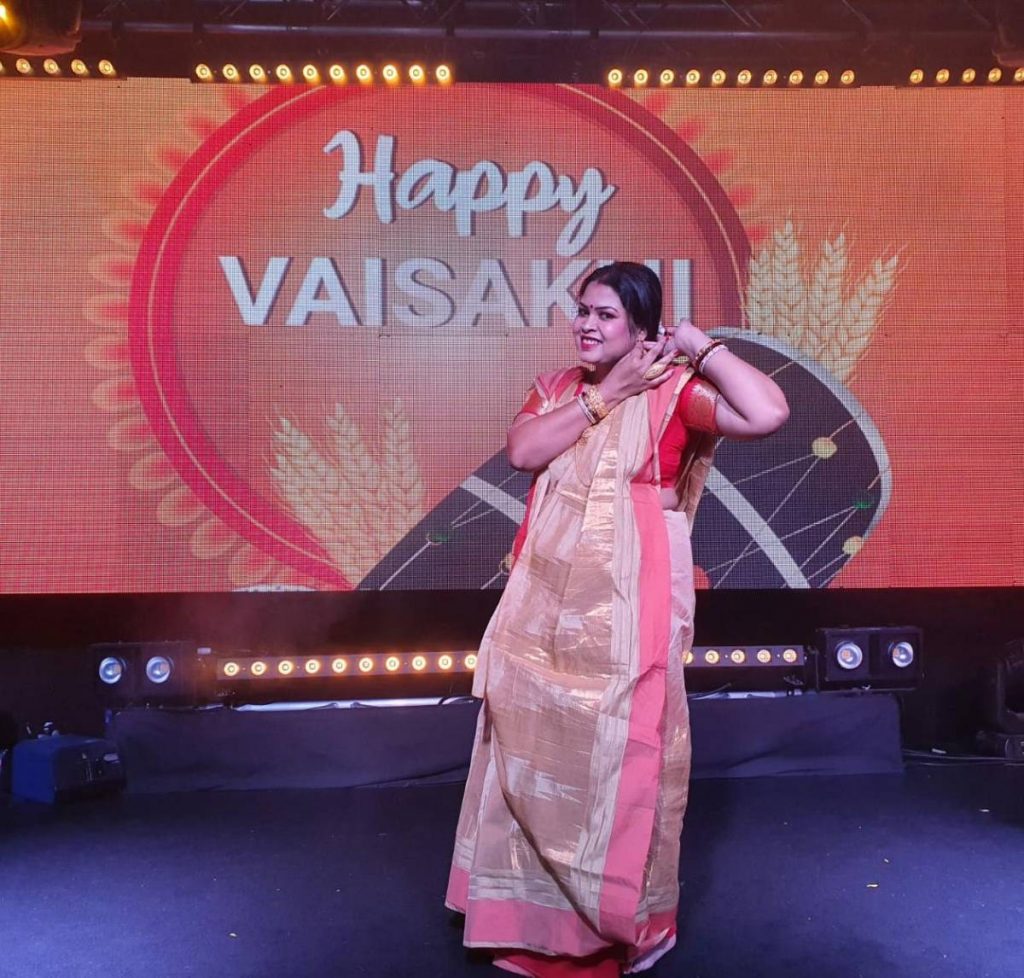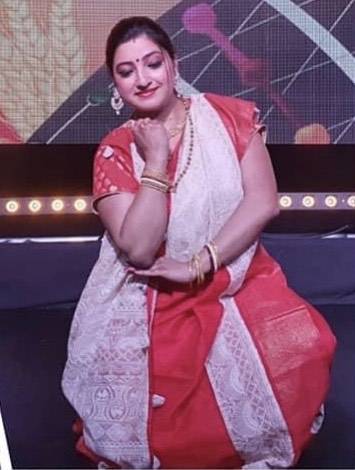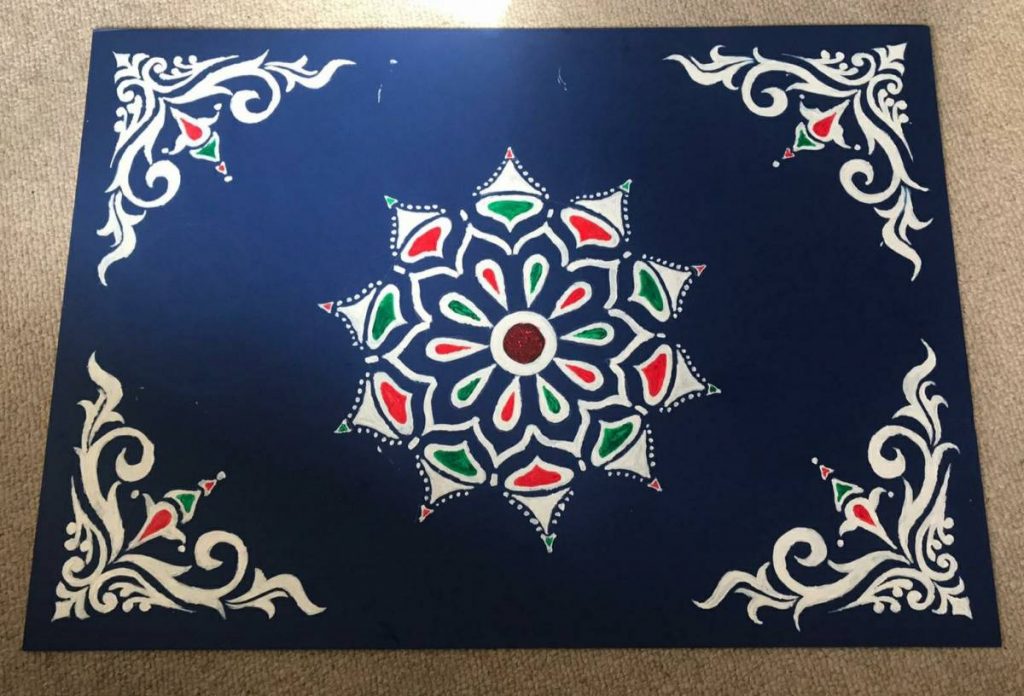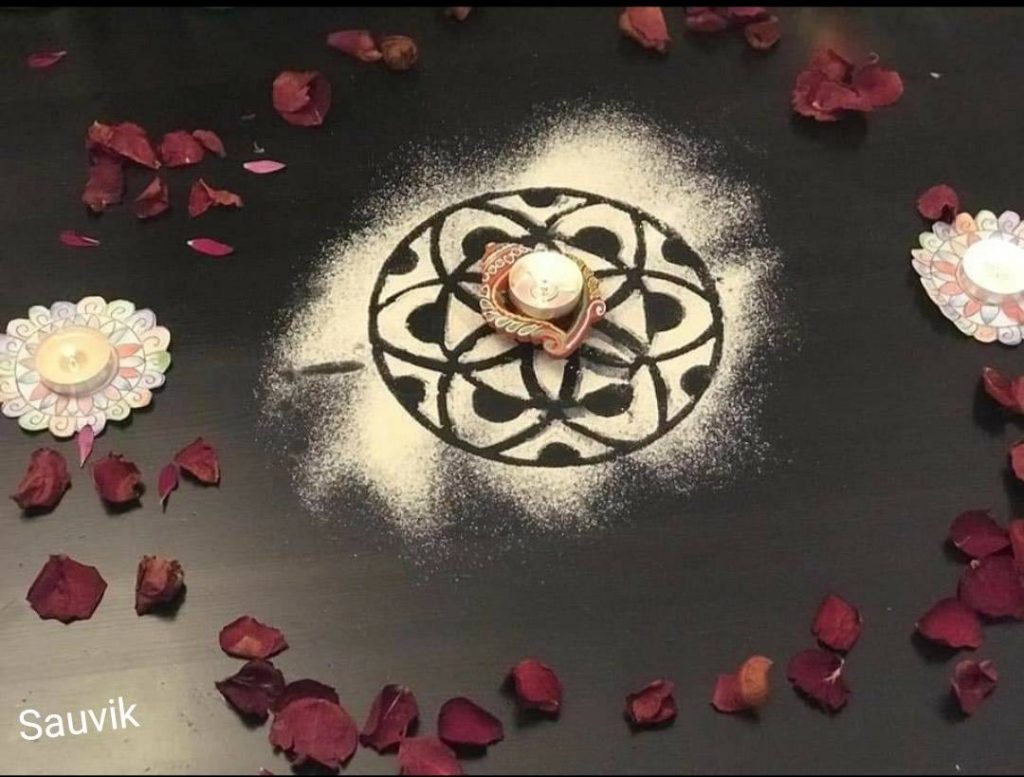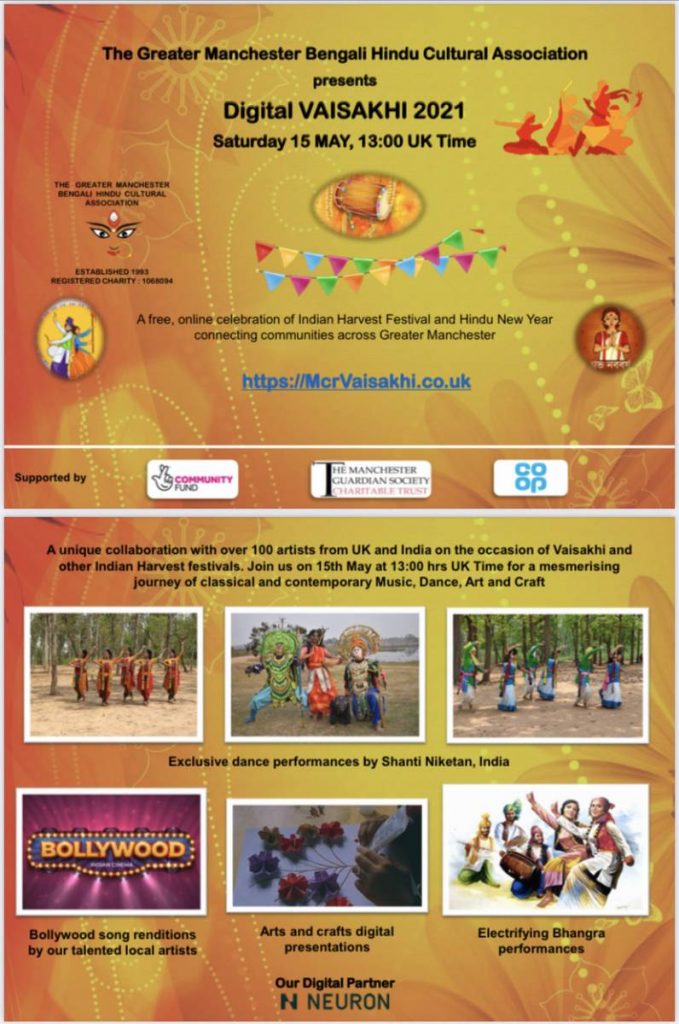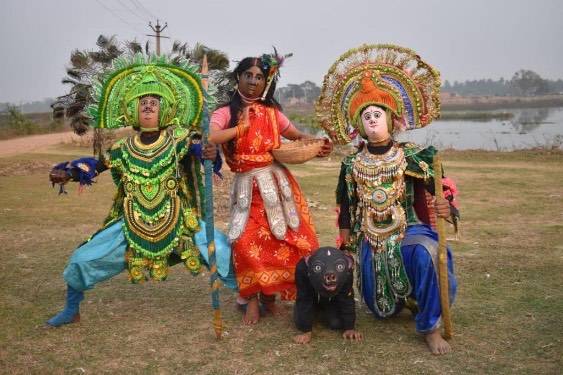India, being an agrarian country, has a deep connection with harvest festivals, and Baisakhi is no exception…reports Asian Lite News
As India’s cultural and regional diversity continues to be a source of pride and strength, it is heartening to see how festivals once confined to a particular region or community have transcended boundaries, embracing the nation’s spirit of unity in diversity. One such festival is Baisakhi, which has evolved from its Punjabi origins into a celebration embraced by the entire Indian subcontinent. In this article, we delve into the factors behind this transformation and the significance of Baisakhi as a unifying force in India.
Baisakhi has its roots in Punjab, where it is celebrated with great fervour as the harvest festival and the start of the Punjabi New Year. The festival also holds immense religious significance for Sikhs, marking the establishment of the Khalsa, the community of baptized Sikhs, by Guru Gobind Singh in 1699. Baisakhi has always been an occasion for the Punjabi community to come together, celebrate their culture, and give thanks for a bountiful harvest.
Over the years, the appeal of Baisakhi has expanded beyond the borders of Punjab, weaving itself into the cultural fabric of the nation. Today, Baisakhi is celebrated in various forms across India, reflecting regional nuances and fostering a sense of unity among diverse communities.
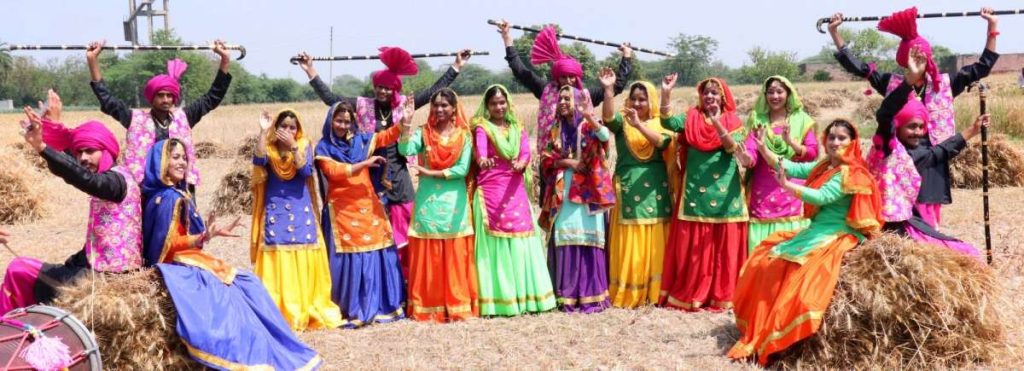
The Indian constitution, founded on the principles of secularism and inclusivity, encourages citizens to respect and celebrate the diverse cultural traditions of their fellow countrymen. As a result, Indians have embraced Baisakhi as a symbol of unity and brotherhood, regardless of their religious or regional affiliations.
Also, India, being an agrarian country, has a deep connection with harvest festivals, and Baisakhi is no exception. As people across India recognize the importance of agriculture and the hard work of farmers, they embrace Baisakhi as a way to celebrate the fruits of their labour.
Bollywood has also played a significant role in popularizing Baisakhi celebrations. The vibrant Punjabi culture, with its lively music and exuberant dance forms like Bhangra and Giddha, has found a special place in Indian cinema, making Baisakhi synonymous with joy and revelry.
Baisakhi’s journey from a regional Punjabi festival to a pan-Indian celebration is a testament to the incredible adaptability of Indian culture. The festival’s ability to transcend linguistic, religious, and regional barriers has turned it into a unifying force that brings people together, fostering a sense of belonging and mutual respect. The story of Baisakhi serves as a reminder of the power of cultural exchange and the importance of embracing diversity, not only in India but across the globe.
ALSO READ-GMBHCA to host digital Baisakhi soon

